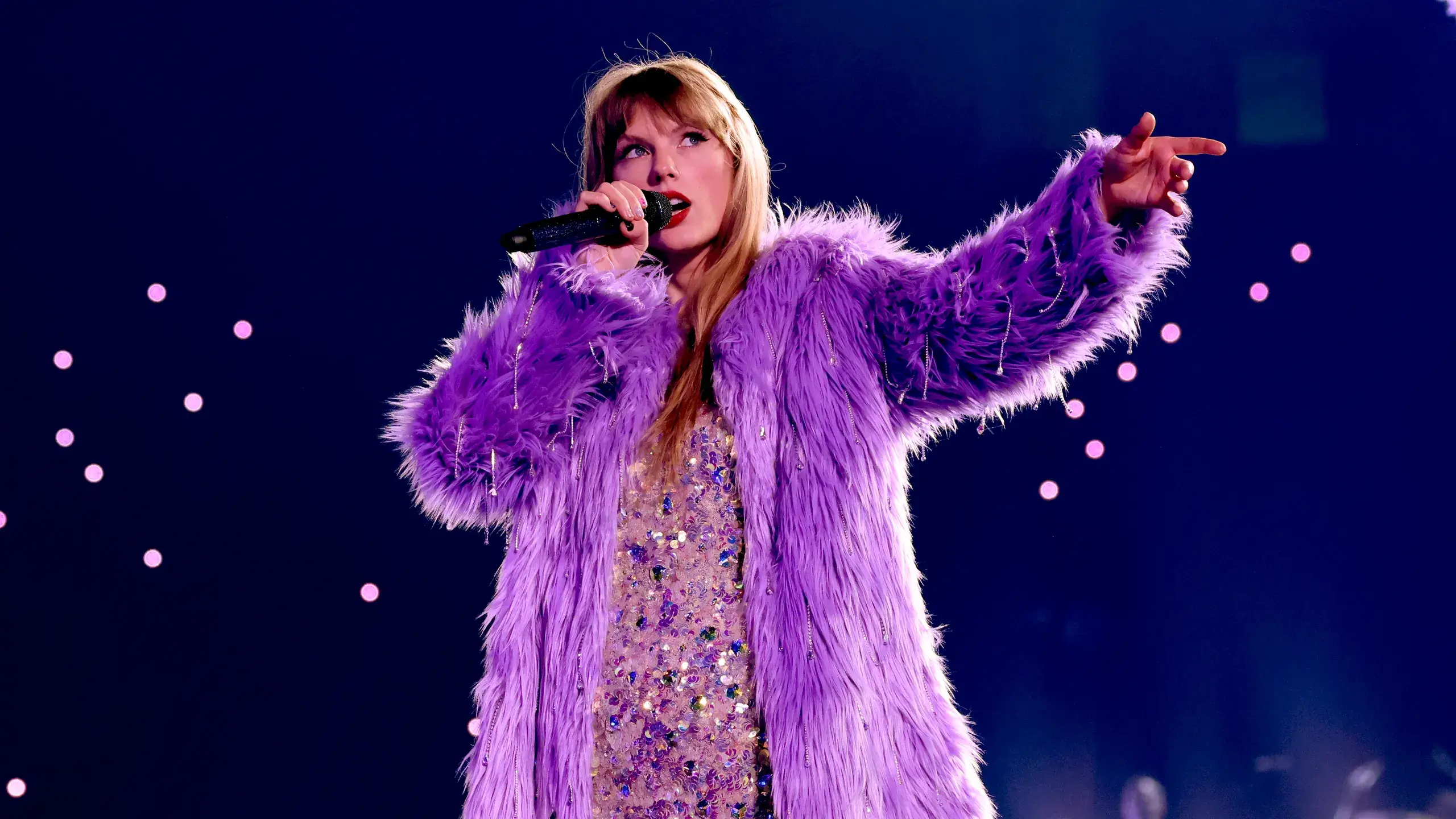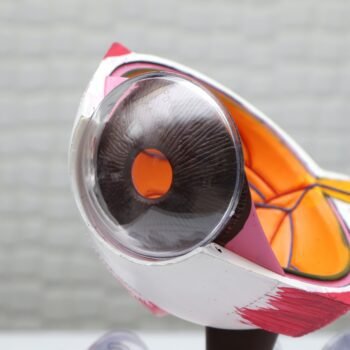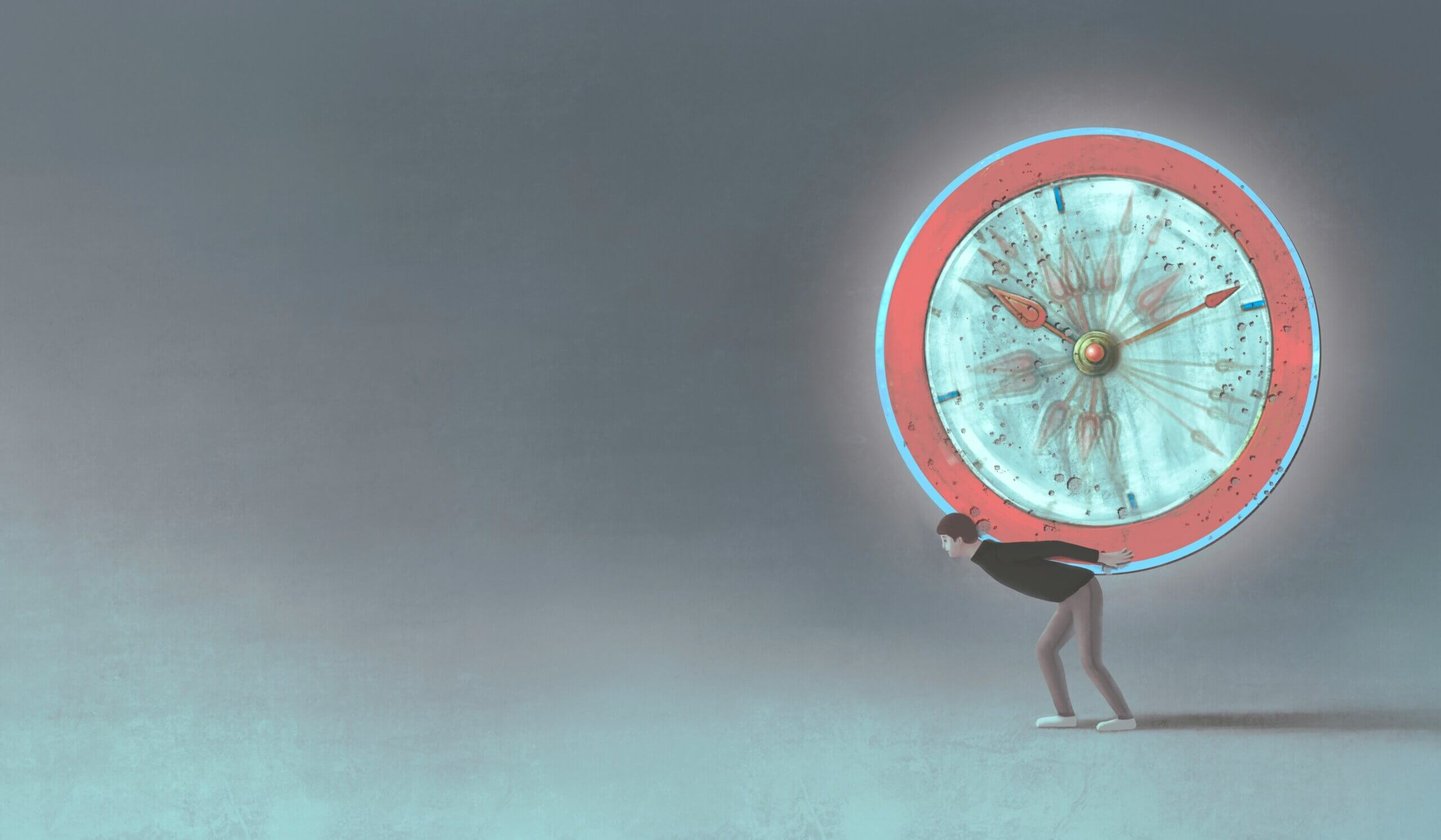Key Takeaway:
The podcast “Studies in Taylor Swift” began in 2021, aiming to invent and catch up on the academic discipline of Taylor Swift studies. The podcast featured guest speakers with experience teaching Swift or thinking academically about her lyrics. In 2023, a summer school course on Taylor Swift and Literature was designed, and a class at The University of Texas at Austin in 2022 was the first literature class on Swift to gain media attention. Swift’s work has been studied in English departments for a while, with her elaborate system of interconnected references. The interest in Swift as literature is not driven by her being taught, but by her being an “author.” Teaching both Swift and Shakespeare leads to conversations about how popular forms take on literary value and how we separate our thoughts and feelings from the value we are taught to give to a work.
When I started my podcast, Studies in Taylor Swift, in the spring of 2021, I felt that I was simultaneously helping to invent, and trying to catch up to, the academic discipline of Taylor Swift studies. Though there wasn’t much published on reading Swift as literature, I had no trouble finding guests who had some kind of experience teaching Swift or thinking academically about her lyrics.
I went on to design a summer school course at Queen Mary University of London on Taylor Swift and Literature in 2023. My course made the news – but only because a journalist writing about a similar class at Ghent University in Belgium got in touch, asking me to confirm that my class had been taught first. In fact, a class at The University of Texas at Austin in 2022 was the first literature class on Swift to gain media attention.
Even before that, however, Swift had been in English departments for a while. For example, after her song cardigancame out in 2020, I used it to teach students an introductory English class on the basics of close reading – a form of studying a text that examines specific details.
We talked about the line “You drew stars around my scars / But now I’m bleedin’”. The idea was to try to figure out how the “but” worked – whether the scars had reopened or new ones had been created. We discussed whether drawing stars around the speaker’s scars meant making art out of her pain, or drawing attention away from it, or fetishising it, or even planning future harm to her body.
Beyond English literature, other departments such as media studies, fan studies and celebrity studies have already produced a fair amount of published research on Swift’s life and career.
But before she became the topic of lectures and seminars, Swift’s work was something that a lot of people – including our students – were already reading and discussing with the kind of attention often granted to texts in literature classrooms.
This is something Swift encourages with her elaborate system of interconnected references. For example, her 2022 song Maroonis an older, more mature version of Red – also the title of her 2012 album about a doomed love affair. This fits her tendency, as in cardigan, to use images of blood and rust to describe the sticky, difficult end of a relationship.
With this awareness of Swift’s larger body of work, Maroon becomes more than a song about one failed relationship. It is also a song about the speaker herself, someone who keeps getting “marooned” on the shores of the past.
Hits different
Swift’s work is by no means the first incursion of recent popular culture into academia. Many universities offer courses on Harry Potter, while the first thing I taught, as a guest seminar leader in another academic’s course, was Fifty Shades of Grey.
On the other hand, there is clearly something about the idea of classes on Taylor Swift as literature that catches the popular imagination. In media discussions, her name is sometimes juxtaposed with another one: Shakespeare.
When scholar Sir Jonathan Bate wrote an article praising Swift’s work, the fact he was a Shakespeare professor was dwelt on in the article’s headline and subhead (he is, in fact, currently a professor of environmental humanities). The Times published Bate’s article alongside a quiz asking readers whether Swift or Shakespeare had written a particular line.
When the medievalist Elizabeth Scala taught a class reading Swift alongside many other writers, the fact that Shakespeare was being taught next to Swift was again brought up in media coverage. Scala, despite being a professor of medieval romance, historiography and culture, was described as a “Shakespeare scholar” in one headline.
This emphasis on Swift’s new proximity, and potential similarity, to the most famous English language writer makes me think that the interest in classes on Taylor Swift and literature is led not so much by an interest in Swift being taught, but in her being an “author”.
The fact we are close-reading Swift’s words in a university setting is presented – whether this is bemoaned or celebrated – as a challenge to Shakespeare’s supremacy as the subject of literary study. But this is born from a popular misconception about what it is we do in literature classes – even Shakespeare classes.
Despite a shift in English literature since at least the 1960s away from thinking about authors as self-contained, important, authoritative figures, to thinking about texts that are formed by various societal and linguistic currents, we are still perceived as teaching not texts but particular authors – especially Shakespeare.
However, as someone who teaches the writings of both Shakespeare and Swift, I can say this: teaching each of them leads to the same conversations about how a popular form (whether dramatic writing or song lyrics) takes on literary value, and how hard it is to separate what we think and how we feel about a work from the value we are taught to give to it by its place in society.
The important thing isn’t whether or not Swift might be the new Shakespeare. It’s that the discipline of English literature is flexible, capacious and open-minded. A class on reading Swift’s work as literature is just another English class, because every English class requires grappling with the idea of reading anything as literature. Even Shakespeare.






























